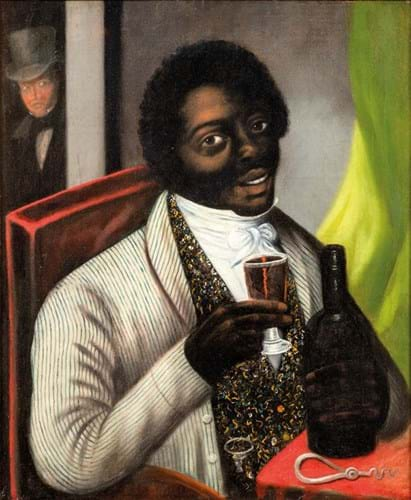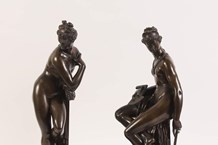Born in New York, he had gained early acting experience through roles with the African Theatre, later the African Grove Theatre, the first African American theatre company in the US.
However, when the company’s productions were met with complaints and outright violence from white neighbours, Aldridge headed to Britain where it seems he made his West End debut in 1825 playing Oronooko in The Revolt of Surinam, or, A Slave’s Revenge at the Royal Coburg Theatre.
Eight years later he made a Shakespearean debut in London when he replaced Edmund Kean as Othello at the Theatre Royal, Covent Garden. After racist criticism the venue cancelled his remaining engagements but he went on to achieve success in the English provinces and throughout continental Europe and Russia.
He played over 40 major roles and received international accolades over the course of his four-decade career.
Aldridge was an outspoken abolitionist and often capitalised on his platform to directly address his audience on the evils of slavery and other societal inequities.
The portrait estimated at $30,000-50,000 on September 14-15 at Hindman, described as American or English school, c.1830, depicts Aldridge as Mungo in The Padlock, a farcical libretto loosely modelled after the short story El celoso extremeño by Miguel de Cervantes.
The two-act performance premiered in 1768 at London’s Drury Lane Theatre, where a white Englishman in blackface performed the role of Mungo, a black servant from the West Indies. Aldridge transformed the role of Mungo, once a racist caricature, into a more dignified portrayal, meant to convey the character’s humanity.















